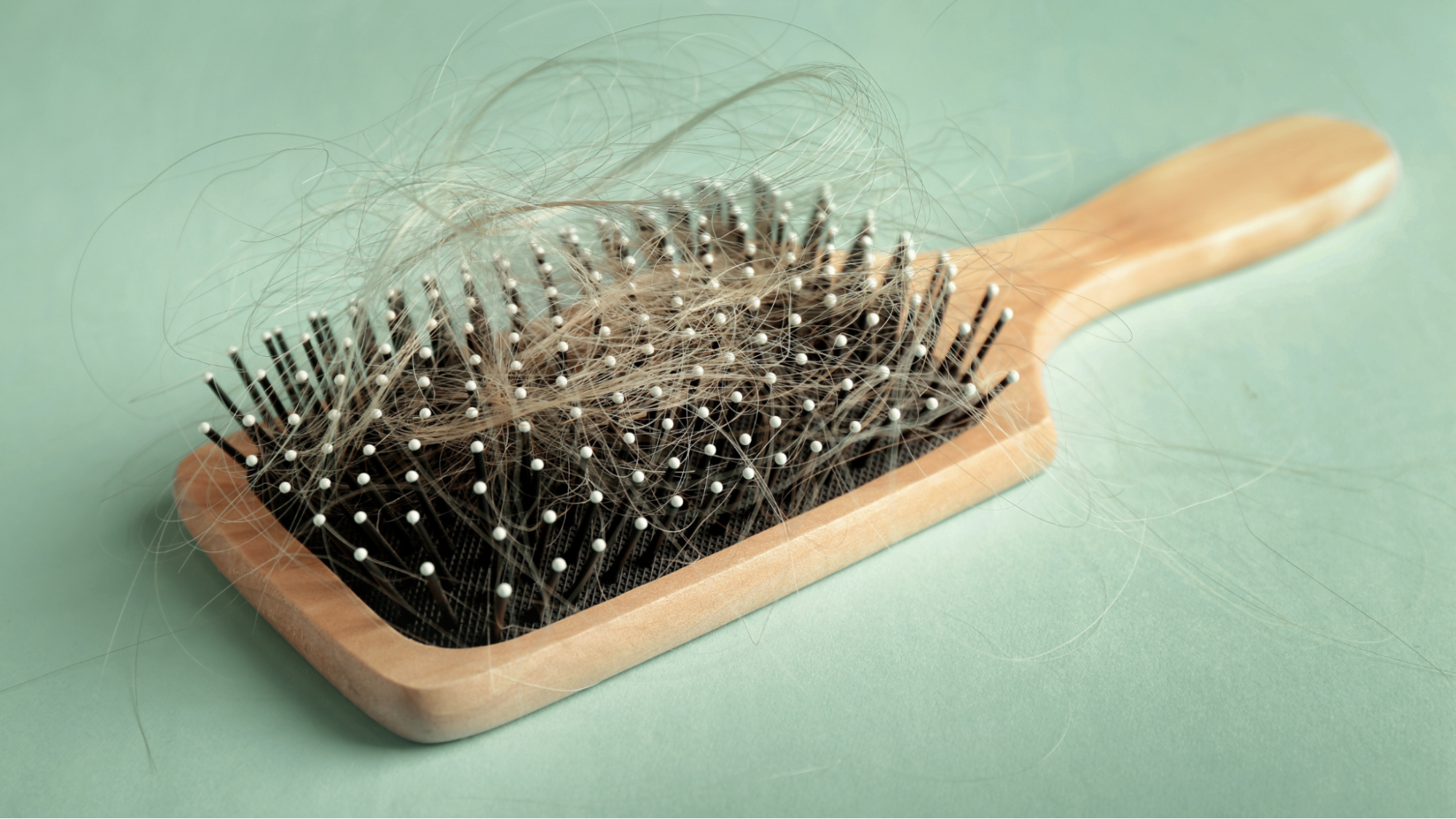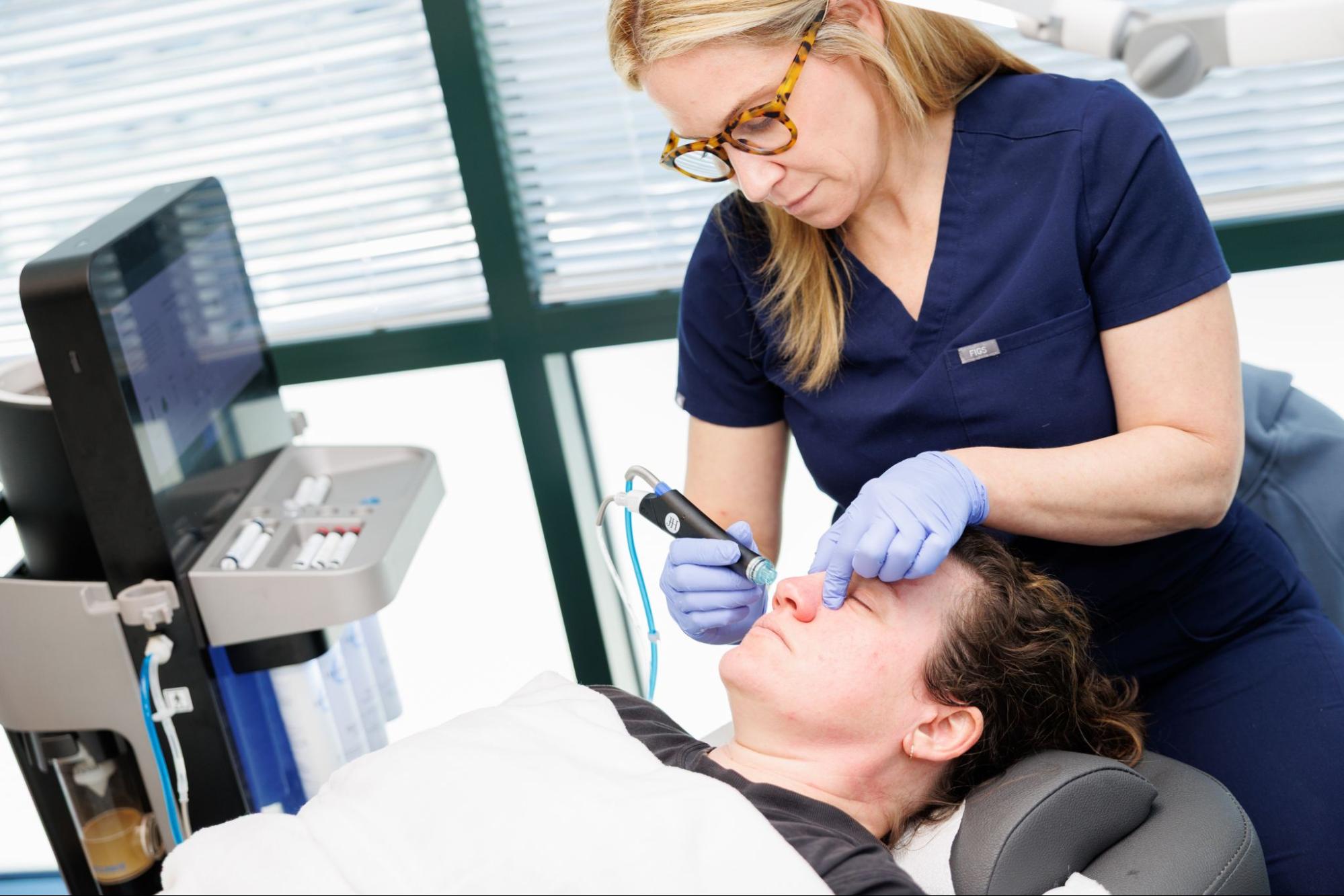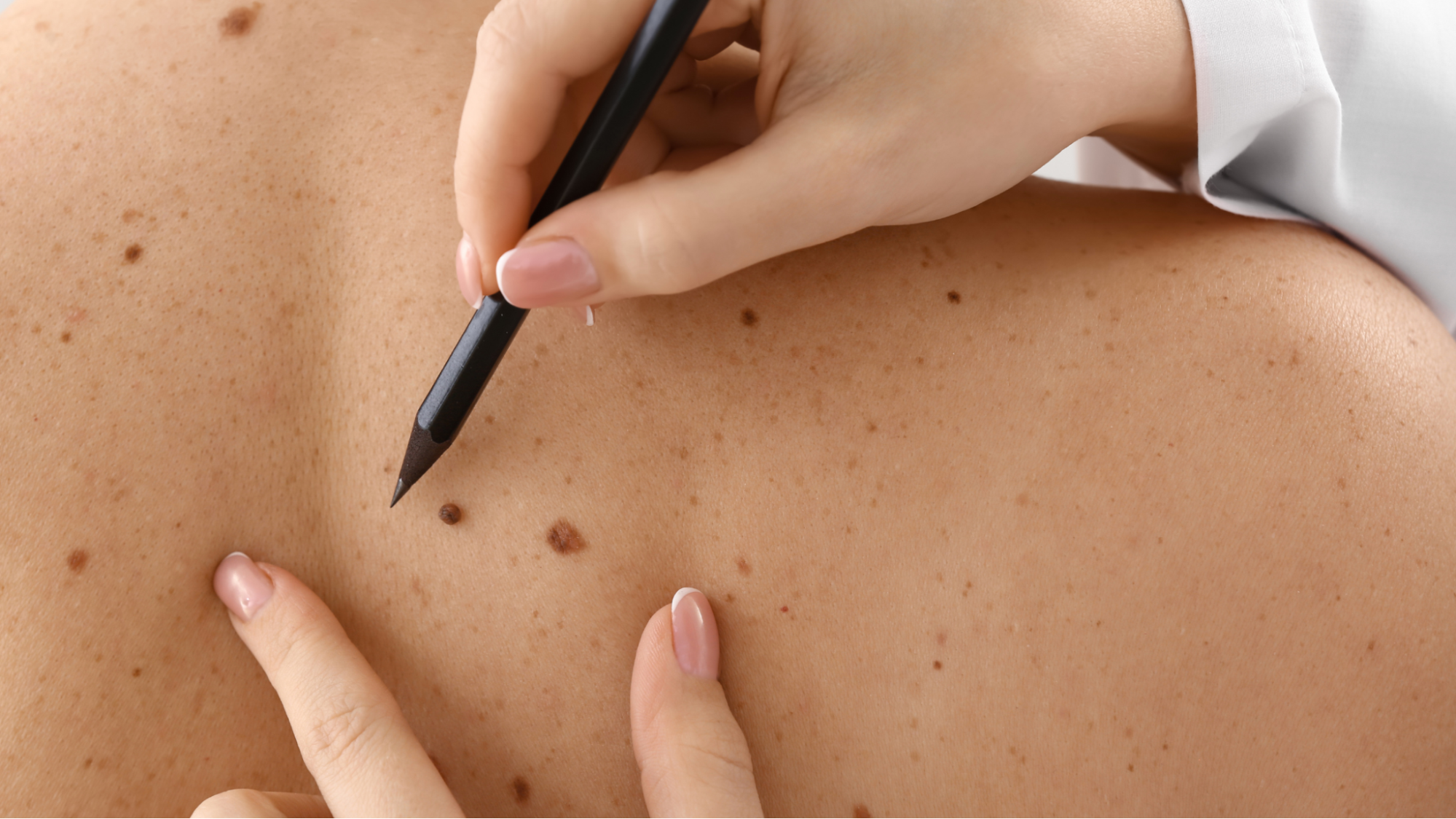Ever find yourself dealing with red, itchy, irritated skin and wondering what’s going on? Skin issues can be tricky, especially when conditions like eczema and psoriasis look so similar. But don’t worry—we’re here to break it down in a simple, easy-to-understand way so you can figure out what’s happening and, most importantly, how to find relief.
What Is Eczema?
Eczema (a.k.a. atopic dermatitis) is that frustrating, never-ending cycle of dry, itchy, inflamed skin. It’s super common and usually starts in childhood, though plenty of adults deal with it too. The root of the problem? Your skin’s barrier isn’t working the way it should, which means it loses moisture too easily and lets irritants in.
Common Triggers:
- Weather changes
- Stress
- Allergens (like pet dander or pollen)
- Harsh soaps, detergents, or skincare products
- Certain fabrics (like wool or synthetic materials)
What It Looks & Feels Like:
- Dry, flaky, or scaly skin
- Intense itching (especially at night!)
- Red or brownish patches on hands, feet, wrists, eyelids, or in the folds of elbows and knees
- Small, raised bumps that may ooze or crust over
- Thickened skin over time (from scratching)
What Is Psoriasis?
On the other hand, psoriasis isn’t just a skin condition—it’s an autoimmune disorder. Your immune system goes into overdrive, causing your skin cells to turn over too quickly. Instead of shedding normally, they accumulate and form thick, scaly patches (known as plaques). Unlike eczema, which flares from external irritants, psoriasis is triggered by internal factors.
Common Symptoms:
- Thick, silvery-white or red scaly patches
- Raised, inflamed skin
- Dry, cracked skin that may bleed
- Itching or a burning sensation
- Typically found on the scalp, elbows, knees, and lower back
Eczema vs. Psoriasis: Key Differences
Both conditions cause redness and itching but have different root causes and symptoms. Here’s how to tell them apart:
| Feature | Eczema | Psoriasis |
| Cause | Skin hypersensitivity | Autoimmune disorder |
| Age Group | Common in kids | Often starts in adulthood |
| Appearance | Less defined, inflamed patches | Thick plaques with clear borders and silvery scales |
| Triggers | Allergens, weather, irritants | Stress, infections, medications |
| Itching vs. Pain | Extreme itching | Itchy but often includes burning or pain |
Treatment Options: How to Get Relief
Good news—both eczema and psoriasis have treatments that can help!
For Eczema:
- Repair your skin barrier with thick moisturizers (think Vaseline or creams with ceramides)
- Take oatmeal baths for soothing relief
- Use fragrance-free skincare, detergents, and fabrics
- Try antihistamines, topical steroids, or prescription treatments if needed
For Psoriasis:
- Manage stress (since stress can trigger flare-ups)
- Increase antioxidants in your diet
- Use topical steroids or medicated creams
- Consider phototherapy (light therapy) to slow skin cell turnover
- Try systemic medications that support immune function if prescribed by your doctor
When to See a Doctor
If your skin is constantly itchy, inflamed, painful, or not responding to over-the-counter treatments, it’s time to check in with a dermatologist. They can help you determine if you have eczema, psoriasis, or something else entirely—and get you on the right treatment plan.
Understanding the differences between eczema and psoriasis can help you take better care of your skin and improve your overall quality of life. If you’re struggling with symptoms, book a consultation with one of our board-certified dermatologists—we’ll help you find relief and get your skin back on track!







